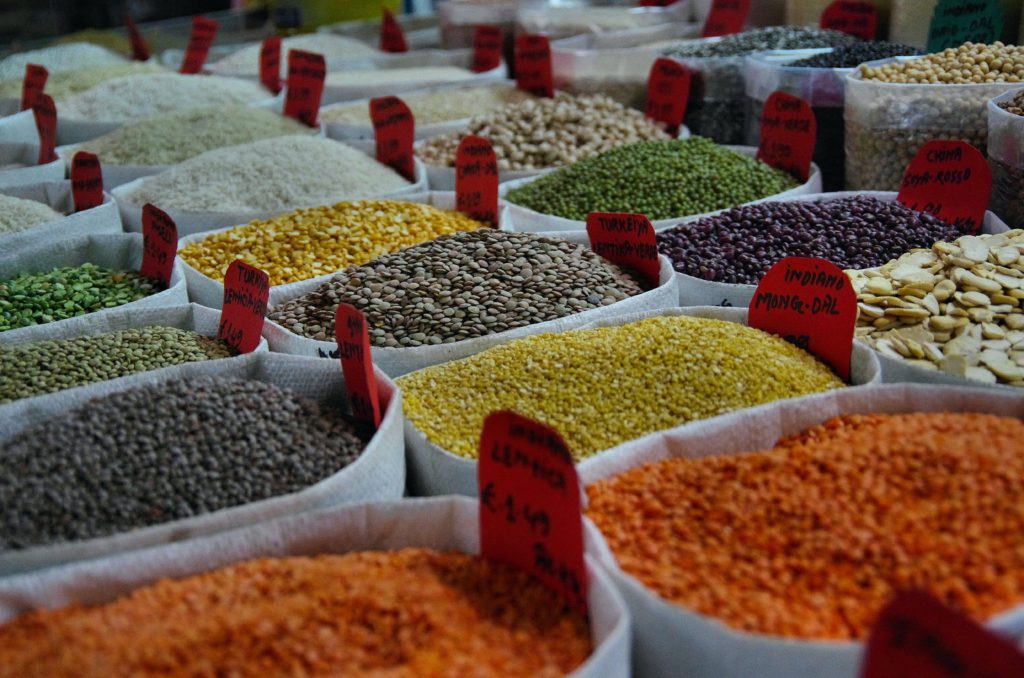Eat more whole foods
Eat more whole foods, and limit processed foods.
In the realm of whole foods, seniors are urged to explore the vast spectrum of fruits and vegetables, available in various forms such as fresh, frozen, or unsweetened dried. These plant-based powerhouses offer an abundance of vitamins, minerals, and antioxidants, contributing to enhanced immune function and overall health. The inclusion of lean protein sources, including meat, poultry, and seafood, ensures seniors meet their protein requirements, supporting muscle health, and promoting a sense of vitality.
Furthermore, seniors are encouraged to embrace the nutritional benefits of nuts, seeds, and beans, incorporating these into their meals for a dose of healthy fats, protein, and fiber. Whole grains, exemplified by options like brown rice and quinoa, are spotlighted for their complex carbohydrates and fiber content, providing sustained energy release and supporting digestive health. The significance of integrating plain yogurt, a source of probiotics for gut health, and eggs, a versatile and nutrient-rich protein source, into the senior diet is also being mentioned in this topic.


This section not only serves as a practical guide but also seeks to instill a deeper understanding of the accessibility and versatility of whole foods. By empowering seniors with knowledge about these wholesome options, the course endeavors to enable informed choices, facilitating the establishment of a dietary foundation that promotes a healthier, more vibrant lifestyle during the golden years. Through the lens of whole foods, seniors are equipped to navigate their nutritional needs with confidence, making choices that contribute to longevity, well-being, and an enhanced quality of life.
